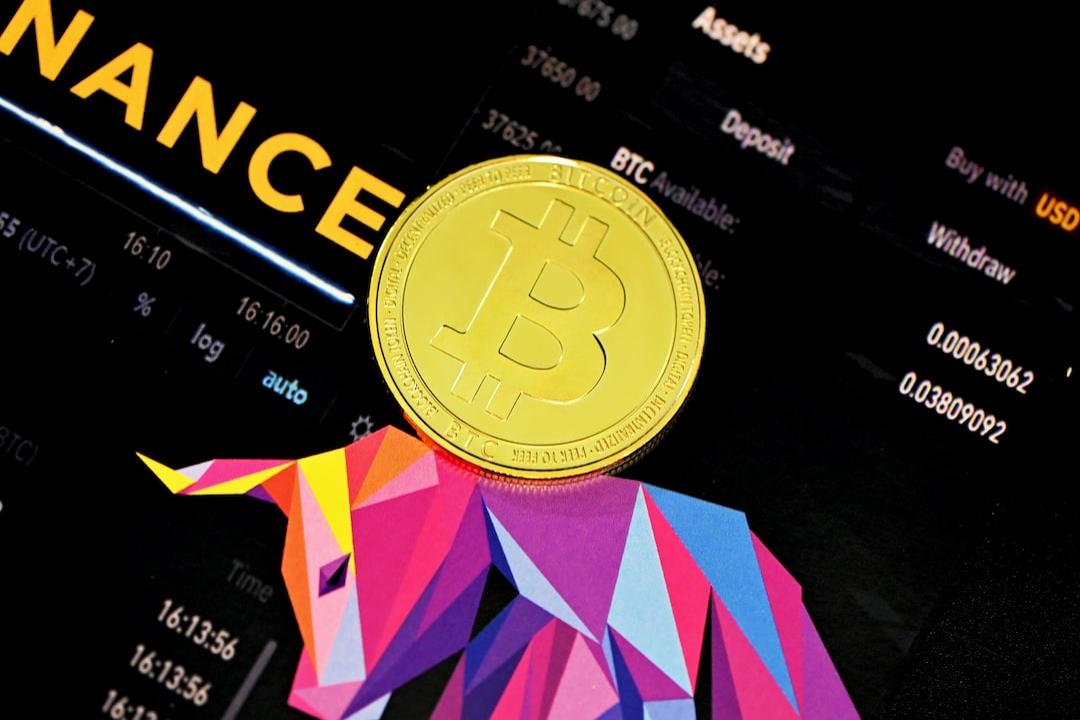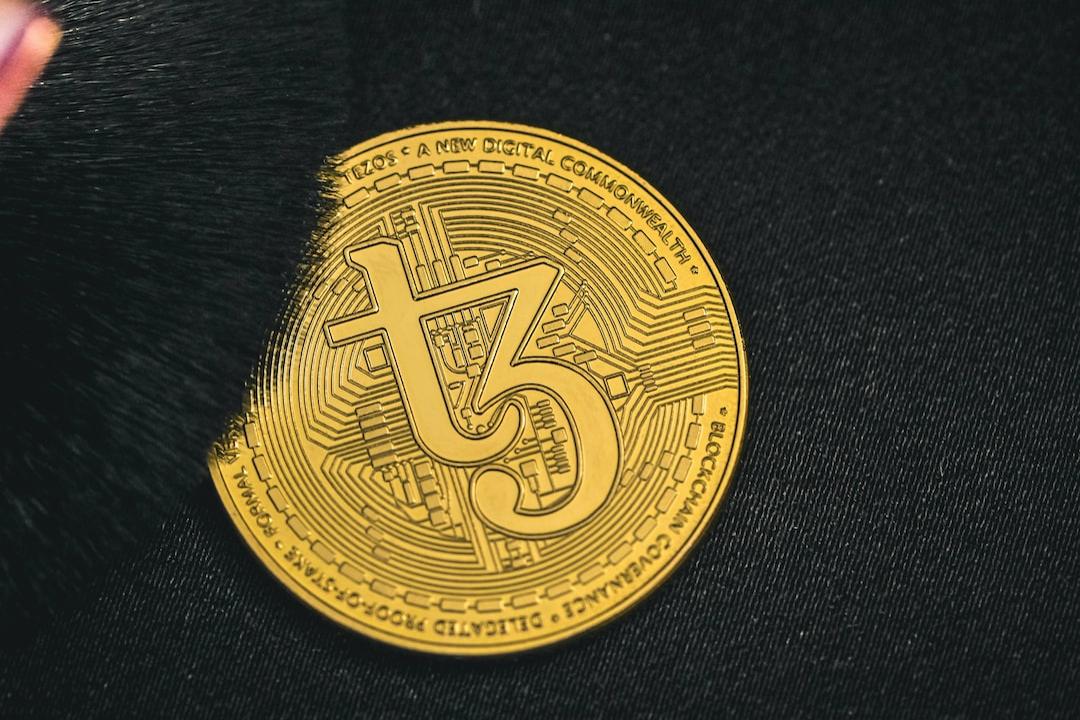The Trump administration is preparing an executive order that would punish banks accused of closing accounts for conservatives and crypto companies.
The order could be signed later this week.
The order responds to complaints that banks have shut down accounts because of political views or involvement in industries like firearms, fossil fuels, or crypto. Supporters of the measure say this practice, often called “debanking,” unfairly targets certain groups.

One case cited by officials involved Bank of America closing the account of a Christian organization in Uganda. The bank said the decision was not political and explained that it does not serve small businesses outside the U.S.
The White House draft also points to banks that cooperated in federal investigations following the January 6 Capitol riot. Such practices raise questions about whether politics played a role in deciding which customers banks serve.
Order Could Bring Fines, Investigations, and DOJ Referrals
If signed, the order would direct regulators to investigate whether these account closures broke the law. It specifically mentions the Equal Credit Opportunity Act, consumer protection statutes, and antitrust rules.
Regulators would also be told to remove internal policies that let banks cut ties based on “reputational risk.” Banks have used this standard for years to avoid working with industries that could damage their public image, even if the businesses followed the law.
The Justice Department is expected to play a role. A task force set up in Virginia has already begun looking at claims of political discrimination in banking. If regulators find violations, banks could face fines, consent decrees, or even referrals for prosecution.
Crypto Banks Caught Between Compliance Rules and Political Pressure
Large banks such as JPMorgan, Citigroup, and Wells Fargo have met with Republican officials in recent months to stress that they do not consider politics when deciding which customers to serve. Still, the order could put them in a tough spot.
Banks must continue to follow anti‑money‑laundering and counter‑terrorism rules. But if they close accounts over those concerns, they may risk accusations of political bias. That tension could lead to stricter internal reviews before banks cut ties with a client.
For cryptocurrency firms, the order could provide long‑sought relief. Many say they have been locked out of the banking system, making it harder to pay employees, move funds, or operate at scale. Easier access to banking services could support the industry’s growth, especially as more institutional investors buy Bitcoin and stablecoins.

